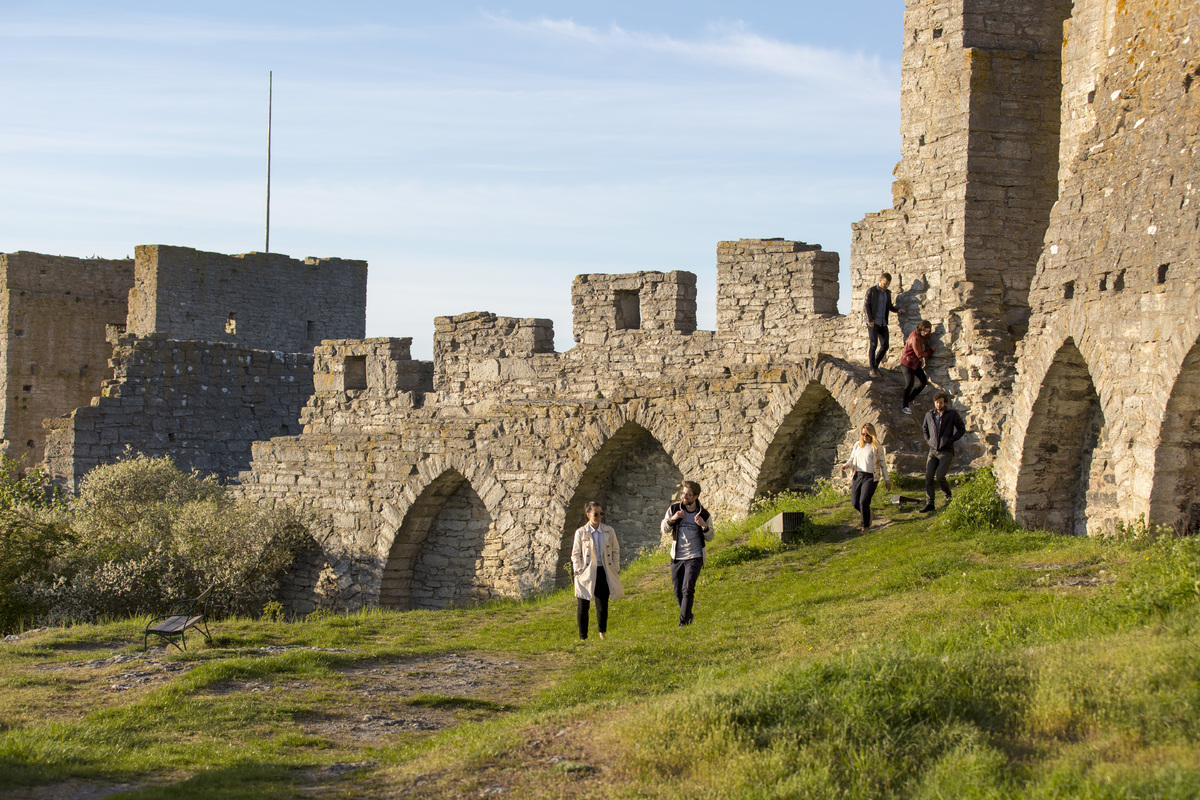Postdoctoral position in small-scale fisheries in East Africa - Hiring in process/Finished, not possible to apply
This advert is not available!
Uppsala University, The Department of Earth Sciences
Postdoctoral position in small-scale fisheries in East Africa
Are you interested in working with urban fisheries and other types of small-scale fisheries in East Africa, with the support of competent and friendly colleagues in an international environment? Are you looking for an employer that invests in sustainable employeeship and offers safe, favourable working conditions? We welcome you to apply for a postdoctoral position in small-scale fisheries in East Africa position at Uppsala University.
The Department of Earth Sciences at Uppsala University is Sweden´s largest and most versatile department of its kind with approximately 280 employees. Our activities are interdisciplinary and combine natural science and technology with social science. We have research programs in air, water and landscape science; geophysics; natural resources and sustainable development; petrology, mineralogy and tectonics; paleobiology, and wind energy. By investigating the history of Earth, we understand how our planet has developed over time and how sustainable development benefits from this knowledge. For more information: The Department of Earth Sciences .
The Department of Earth Sciences operates in two locations: in Uppsala and in Visby. The postdoctoral position is at Campus Gotland in Visby within the research program Natural Resources and Sustainable Development (NRHU). For more information: NRHU. Campus Gotland is an international campus in the UNESCO World Heritage city of Visby on the island of Gotland in the middle of the Baltic Sea.
The postdoctoral position is part of the UrbanFishEries project (2024-2026). The project aims to assess the social-ecological challenges and opportunities for sustaining coastal small-scale fisheries (SSF), food security, and food safety along urbanizing coasts in East Africa under climate change. There is a striking paucity of knowledge on the interplay between urbanization, SSF and climate change, particularly from the Global South. The project focuses on case studies in Zanzibar Town (Tanzania) and Mombasa (Kenya), comparing urban and rural contexts to analyse climatic and social drivers of SSF livelihoods, aquatic food availability and safety, and the future of these fisheries in an urbanizing and climate-impacted world. The project is in close collaboration with Kenyan and Tanzanian colleagues.
Duties
The postdoctoral fellow will design, plan, and conduct data collection, including participatory research, interviews, ecological field surveys, and support chemical tissue analyses (of blue foods). The fellow will analyze data and produce high-quality scientific articles suitable for publication in journals, for presentation at scientific conferences and other relevant events. The work should be planned to contribute to the broader goals of the UrbanFishEries project and provide insights for policymakers and fisheries managers. Teaching may also be included in up to 20% of the postdoctoral duties.
Requirements
PhD degree in environmental science, marine ecology, aquatic environments, natural resource management, fisheries, or social-ecological systems, or a foreign degree equivalent to a PhD degree described above. The degree needs to be obtained by the time of the decision of employment. Priority will be given to applicants who have completed their degree no more than three years before the deadline for applications. Due to special circumstances, the degree may have been obtained earlier. The three-year period can be extended due to circumstances such as sick leave, parental leave, duties in labour unions, etc. Very good communication skills in English, both spoken and written, are required. The ability to travel to Kenya and Tanzania and work in the field with local partners is required.
Additional qualifications
Knowledge of or experience with issues related to fisheries, blue foods, urbanisation, climate change, aquatic environments, environmental monitoring, and coastal zone management is particularly meritorious. Practical experience in fieldwork in tropical regions, interview methodology, and leading workshops is advantageous. Experience in working with interdisciplinary approaches and the use of conceptual and analytical frameworks is also beneficial. Knowledge in statistics and analytical skills, as well as proven creativity and the ability to collaborate both within and outside academia, are meritorious. Familiarity with working in East Africa is advantageous.
About the employment
The employment is a temporary position of 2 years according to central collective agreement. Scope of employment 100%. Starting date 1 March 2025 or as agreed. Placement: Visby
For further information about the position, please contact: Dr. Lina Mtwana Nordlund, Lina.Mtwana.Nordlund@geo.uu.se.
Please submit your application by 13 January 2025, UFV-PA 2024/4364.
Are you considering moving to Sweden to work at Uppsala University? Find out more about what it´s like to work and live in Sweden.
About Campus Gotland: Uppsala University Campus Gotland offers the best of two worlds: the full-scale university’s broad offering and weight and a unique, small-scale campus in an interdisciplinary research environment. Campus Gotland is a hub for the University’s research and education in sustainability. Find out what it’s like to live on Gotland.
| Type of employment | Temporary position |
|---|---|
| Contract type | Full time |
| First day of employment | 2025-03-01 |
| Number of positions | 1 |
| Full-time equivalent | 100 |
| City | Gotland |
| County | Gotlands län |
| Country | Sweden |
| Reference number | UFV-PA 2024/4364 |
| Union representative |
|
| Published | 12.Dec.2024 |
| Last application date | 13.Jan.2025 |

